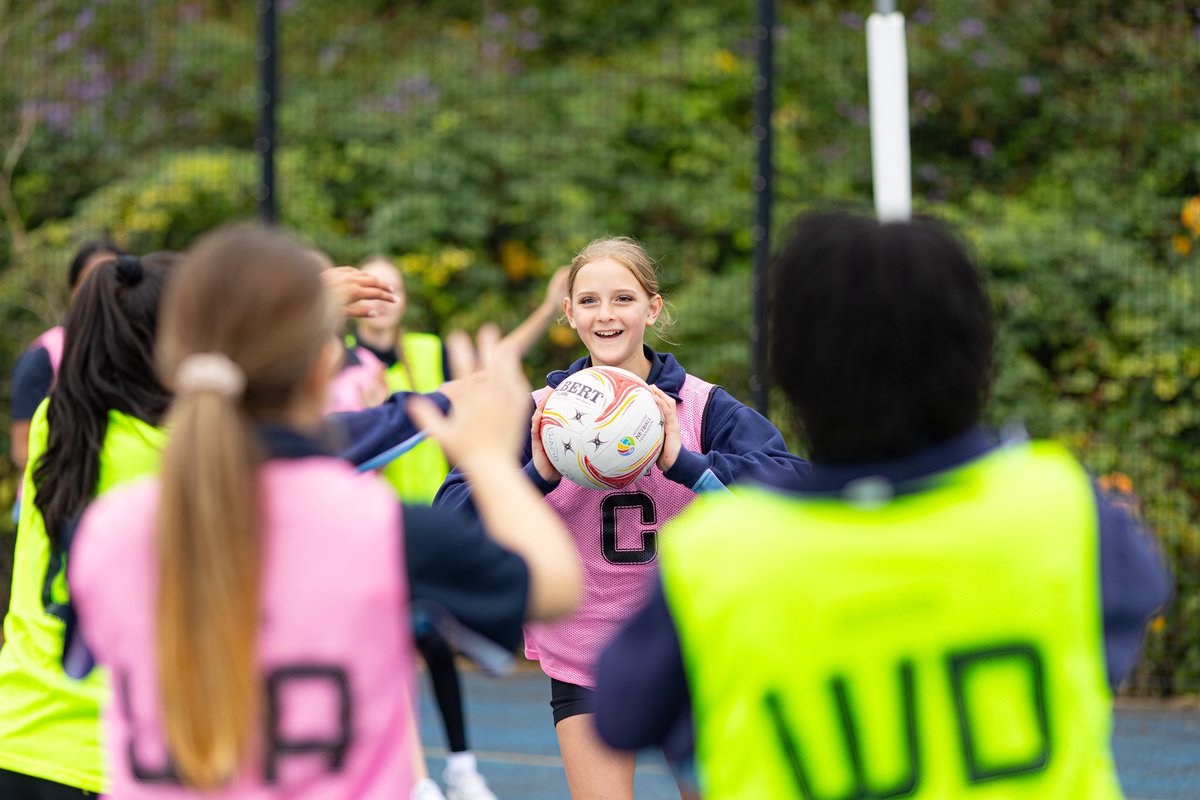Food & Nutrition
“No part of our economy matters more than food. It is vital for life, and for pleasure. It shapes our sense of family, community, and nation: cooking and eating together is perhaps the defining communal act. The food system also provides jobs for one in seven of us.
Much of this is made possible by a free market that performs a million daily miracles, producing, exporting, importing, processing, and serving up a dazzling variety of reasonably priced foods in an abundance unimaginable to previous generations.
But this bounty has come at a cost. Intensive farming practises have caused serious damage to the environment and food related disease is costing the NHS billions and drastically harming the lives of millions. Food security, too, is a growing concern: population growth, climate change, and the global increase in meat eating are intensifying resource competition between nations.”
Henry Dimbleby – National Food Strategy 2021
Curriculum Statement
The intent of our Food and Nutrition curriculum is to teach students how to cook and apply the principles of nutrition and healthy eating. We aim to instil a love of cooking in our students opening the door to one of the greatest expressions of human creativity. Learning how to cook is a crucial life skill that enables students to feed themselves and others affordably and well, now and in later life. Throughout the curriculum we focus on food choice - students develop an understanding of the social, cultural, economic, ethical, moral, environmental, and technological factors that influence an individual’s food choice. Students learn about multicultural foods and experience how different cultural foods have influenced our everyday food choices. Students are also encouraged to develop a wider understanding of the environmental impacts of our food choices and why there should be more encouragement to buy local, seasonal produce and reduce food waste. In addition, students are encouraged to explore the functional and chemical properties of ingredients, so they understand the science of cooking and how and why recipes work. The department has a strong focus and drive to develop independent learners promoting high standards of academic achievement through an engaging practical curriculum. Students are encouraged to apply their knowledge and understanding of nutrition, food provenance and the working properties of ingredients through the preparation, cooking, and evaluation of a variety of dishes. The department has a strong belief that all students should be independent, equipping them with the knowledge and cultural capital to succeed in life. Students are encouraged to develop personal responsibility, self-motivation and to consider the needs of others.
Key Stage 3
Our Key Stage 3 curriculum follows the National Curriculum for Cooking and Nutrition programme of study. Throughout KS3 students will develop an understanding of a healthy, balanced diet following the key messages presented by the dietary guidelines for healthy eating and the Eatwell Guide. They will also develop and be able to apply an understanding of the principles of nutrition. Students will also develop an understanding of food provenance. They will learn about seasonality and how this can be applied to menu choices and will gain a sound knowledge of where and how a variety of ingredients are grown, reared, caught and processed. In addition students will be taught to cook a repertoire of predominantly savoury dishes using a variety of cooking techniques and a range of equipment so that they are able to feed themselves and others a healthy and varied diet. Creativity, innovation, and problem solving is encouraged so students can make informed choices about food, diet, and cooking. Students will develop an awareness of taste, texture, and aroma and how to season and combine ingredients, adapting and using their own recipes in later stages of Key Stage 3. The practical aspect of this subject enables students to work collaboratively with their peers and peer feedback allows students to develop their confidence within the kitchen environment.
Year 7
In Year 7 students focus on the dietary guidelines for healthy eating and the key messages of the Eatwell Guide. They will explore the provenance of ingredients and prepare and cook a range of predominantly savoury dishes safely and hygienically that reflect the current dietary guidelines for healthy eating.
Year 8
In Year 8 students focus on the functions and sources of the macronutrients: proteins, fats, and carbohydrates. They will develop their practical skills enabling them to prepare and cook a range of predominantly savoury dishes safely and hygienically whilst applying their knowledge of healthy eating and nutrition and exploring the functional properties of ingredients.
Year 9
In Year 9 students further develop their knowledge of nutrition with a focus on micronutrients – vitamins and minerals. They also explore how nutritional needs are influenced by an individual’s life stage or special dietary needs. They will secure and demonstrate a range of food skills, increasing in complexity and accuracy, to cook a wider range of dishes, safely and hygienically, and to apply their knowledge of nutrition and food provenance. In addition, they will consider consumer issues, food and its functions and new trends in food.
Key Stage 4 - GCSE Food Preparation and Nutrition
At Key Stage 4 we follow the AQA GCSE Food Preparation and Nutrition specification. Food Preparation and Nutrition focuses on practical cooking skills to ensure that students develop a greater understanding of nutrition, food provenance and the working characteristics of food materials. At the heart of the qualification is a focus on developing practical cookery skills and a robust understanding of nutrition. The Food Preparation and Nutrition GCSE enables students to develop a greater understanding of nutrition, food provenance and the working characteristics of food materials. They also learn about food from around the world, through the study of British and international culinary traditions as well as developing an understanding of food provenance and the challenges surrounding food security. They will master culinary skills and appreciate the science behind food and cooking. The specification is delivered through practical activities. Students are encouraged to make connections between theory and practice to apply their understanding of food and nutrition to practical food preparation.
Topics and themes studied at GCSE include:
-
Food, Nutrition, and Health
-
Food Science
-
Food Safety
-
Food Choice
-
Food Provenance
The course is assessed during the final year through the completion of a written examination and two Non-Examination Assessment (NEA) tasks. The non-examination assessment consists of two tasks, involving practical work.
Task 1 – Food Science Investigation
Students will carry out an investigation into the scientific principles that underpin the preparation and cooking of food. This task will provide them with an opportunity to demonstrate their knowledge and practically apply their understanding of the science behind cooking. They will practically investigate ingredients and explain how they work and why.
Task 2 – Food Preparation task
Students will plan, prepare, cook, and present a 3-course menu. This task will provide them with an opportunity to showcase their creativity and cooking skills. They might make a street food menu, create delicious tapas dishes, or cook up a menu for a student on a budget.






















